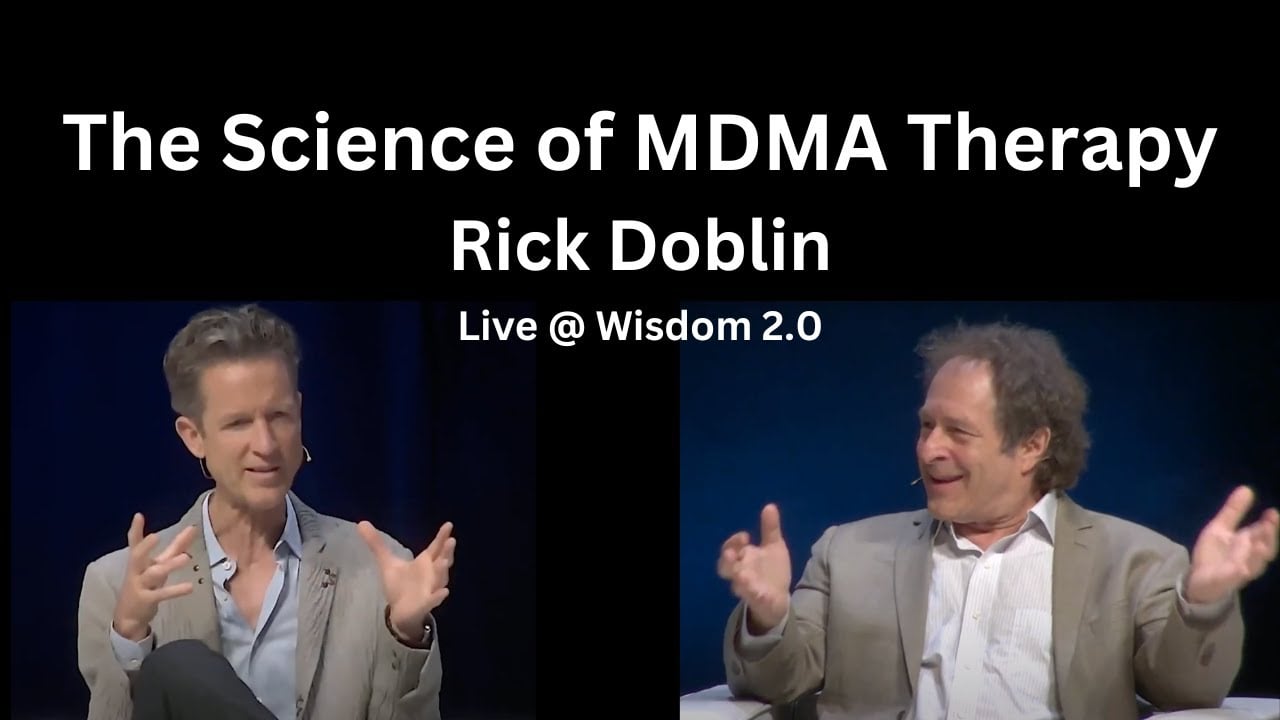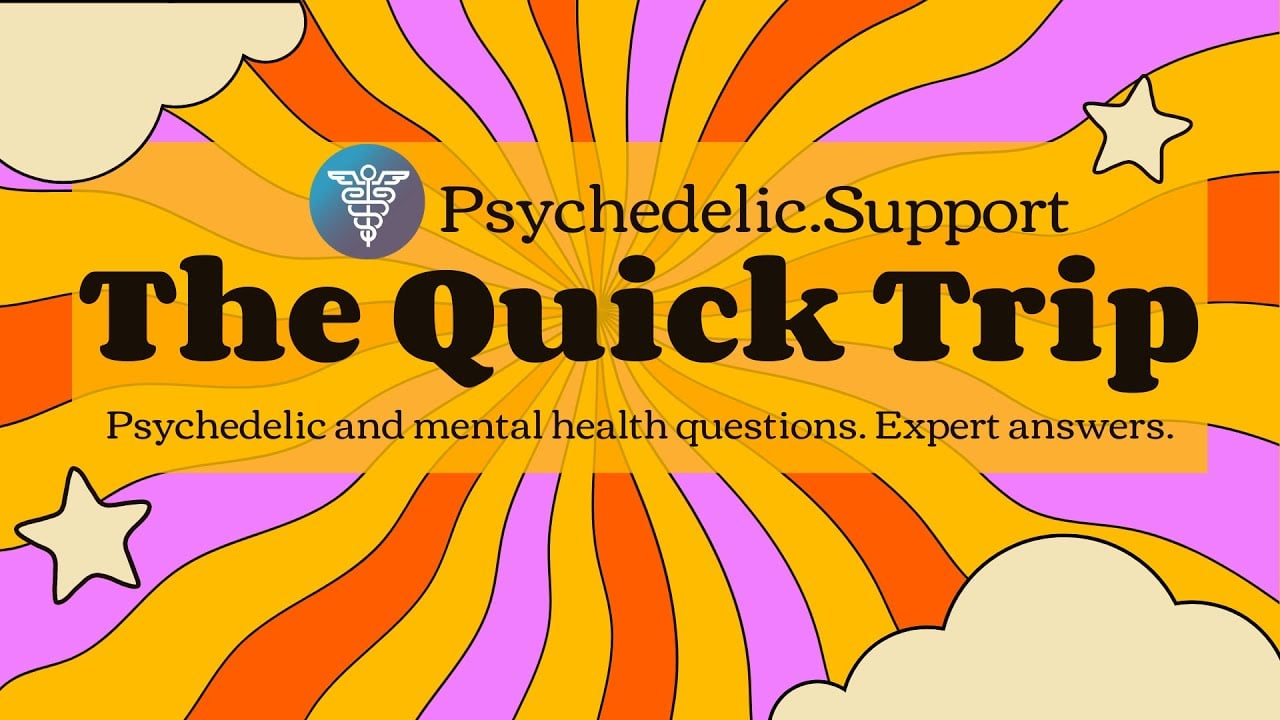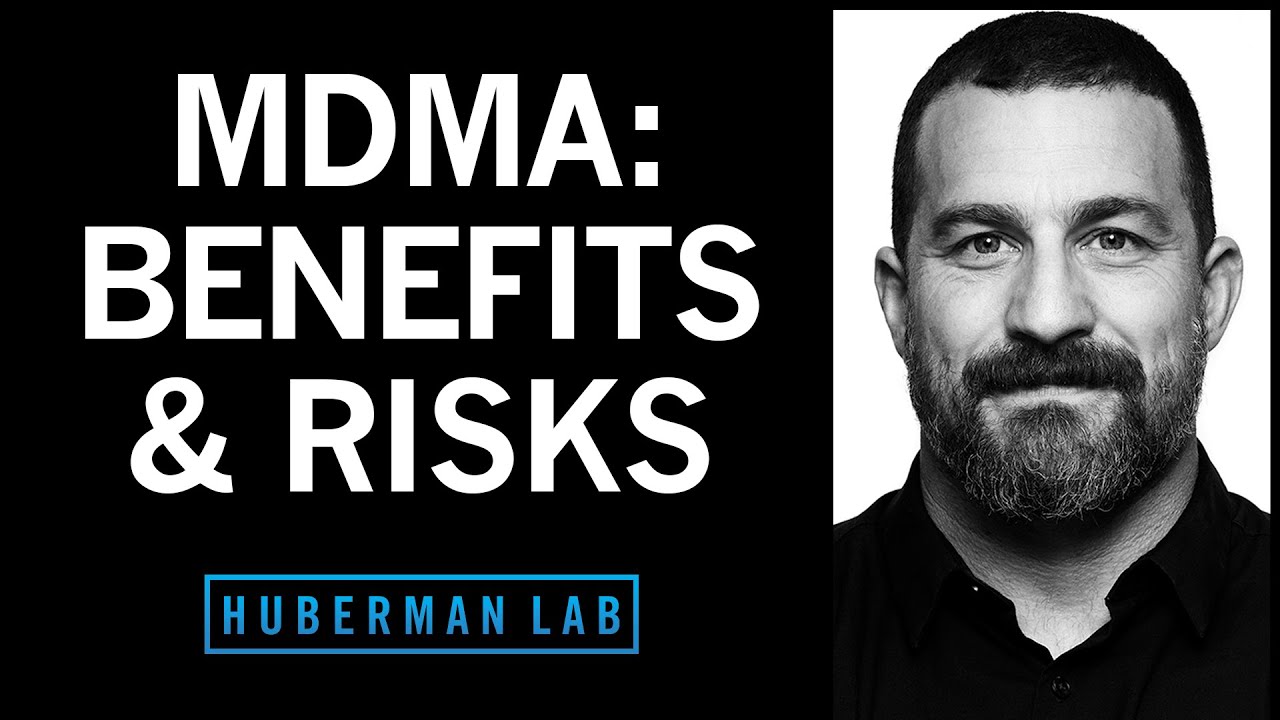In recent years, MDMA therapy has been making headlines—and for good reason. As mental health treatments evolve, researchers are turning to innovative tools to support healing from trauma.
One of the most promising is MDMA-assisted therapy, a new approach that combines psychotherapy with the controlled use of MDMA, commonly known as “ecstasy” or “molly.” But don’t let the party drug nickname fool you—this is not about recreational use. It’s about serious, structured therapeutic work.
MDMA – assisted therapy
MDMA therapy involves the use of 3,4-methylenedioxymethamphetamine (MDMA) in a clinical setting, paired with psychotherapy. The treatment typically includes:
- Preparation: Building trust and setting goals with a therapist
- MDMA Sessions: 6–8-hour therapy sessions with a controlled dose of MDMA
- Integration: Reflecting and processing insights afterward
So far, the most robust research has been around post-traumatic stress disorder (PTSD). In clinical trials sponsored by the Multidisciplinary Association for Psychedelic Studies (MAPS), MDMA therapy has shown remarkable results, with many participants no longer meeting the criteria for PTSD after treatment. Including an innovative clinical trial with couples that is taking place at Remedy Centre in Toronto, ON.
What Is It Used For?
While still awaiting full FDA approval, MDMA therapy is expected to become legally available for the treatment of PTSD. The most robust research has been around post-traumatic stress disorder (PTSD). In clinical trials sponsored by the Multidisciplinary Association for Psychedelic Studies (MAPS), MDMA therapy has shown remarkable results, with many participants no longer meeting the criteria for PTSD after treatment.
MDMA therapy represents a new frontier in mental health—one that blends science, innovation and compassionate care. While it’s not a cure, it has offered hope to many people for whom traditional therapy and treatment hasn’t worked.
As always, it’s essential to approach this therapy with care, professional guidance, and informed decision-making. The future of healing may look very different—and for many, much brighter.
Rick Doblin – The Science of MDMA Therapy
Dr Anne Wagner – MDMA Therapy, PTSD and Couples
Andrew Huberman – MDMA



